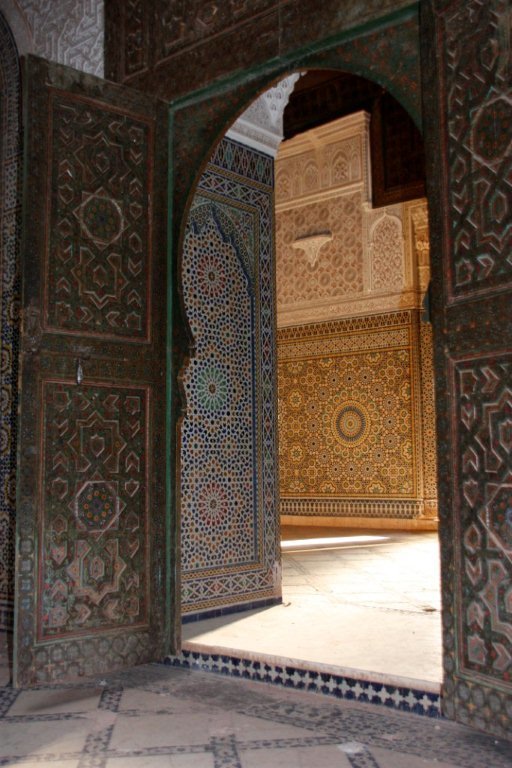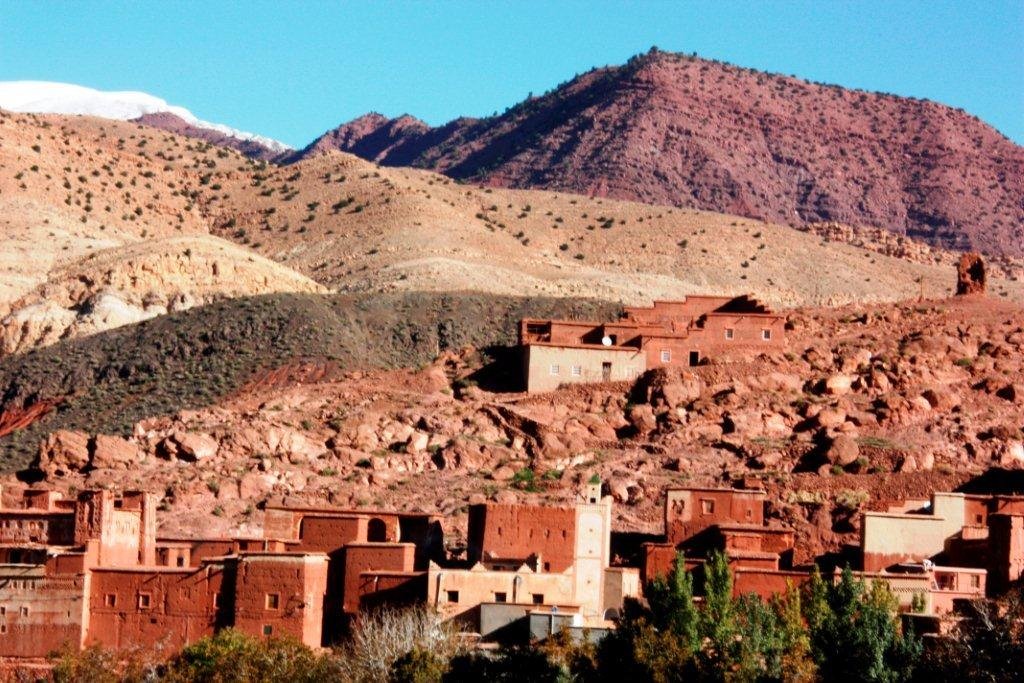Book Review ~ In the Country of Men by Hisham Matar
 In the Country of Men, written by Libyan-British writer Hisham Matar, is set in 1979 Tripoli in a neighborhood swirling with underground resistance.
In the Country of Men, written by Libyan-British writer Hisham Matar, is set in 1979 Tripoli in a neighborhood swirling with underground resistance.
The story is told from the point of view of nine-year-old Suleiman, who hovers over his young mother and continuously awaits the return of his father who seems to be nearly always gone. The book starts with a scene where young Suleiman catches a glimpse of his father in Martyrs Square—yet his father is supposed to be away on business. What is this father up to? I wondered.
Turns out the mistress of Suleiman’s father is the counter-resistance movement trying to overthrow Muammar Qaddafi. It’s not only Suleiman’s father who is involved, but his father’s best friend as well, the professor who lives across the street.
The young narrator’s world is small: home, neighborhood boys, and street games. The boys are sons of both dissidents and government officials. As events on the street grow darker, so do the boys’ street games.
Early on in the story, Suleiman witnesses the alarming arrest of the professor, someone Suleiman admires and the father of his own best friend. Thugs pull the professor from his home, his wife and children following behind, and shove him in a car. His arrest is for “treasonous actions” and sets the tone of fear for the rest of the novel as the neighborhood residents wonder who and what is next.
At the center of the story is the relationship between Suleiman and his mother, a young anxious woman who is deeply unhappy whenever her husband is gone. As she fears for her husband’s safety, she grows increasingly dependent on her bottle of “medicine” to cope.
There are tragi-comic moments as well. When the family hangs an enormous framed image of Gaddafi—“Our Guide” as he is referred to in the novel—young Suleiman notices that their new picture is even larger than the one hung in the home of the neighbor who works for the intelligence service.
While the story is set in the late 1970s and was published in 2006, it paints a picture of the stirrings which lead to the Arab Spring: the tension, fear, uncertainty and anger brewing for decades. In many ways, this story is timeless and not unique to Libya. It could take place in almost any country with a repressive system.
Matar has personal connections to the themes about which he writes. Various relatives and friends of his have been imprisoned or hanged by Qaddafi’s regime—including his own father, who was imprisoned and tortured in Tripoli and last heard from in 1995.
I found many things to appreciate about this novel. I particularly enjoyed how the story is told through the eyes of a child. As he tries to make sense of the increasingly horrifying events around him, the reader will see things that he does not. Meanwhile, Matar’s prose is poetic as he strings together graceful sentences with flashes of insight. Finally, in light of recent events in North Africa, this novel is as relevant as ever; it’s the story of families and friendships straining, and in some cases breaking, under great oppression.
Next on my reading list is Hisham Matar’s second novel, Anatomy of a Disappearance.
Question: Have you read one of Hisham Matar’s novels?










